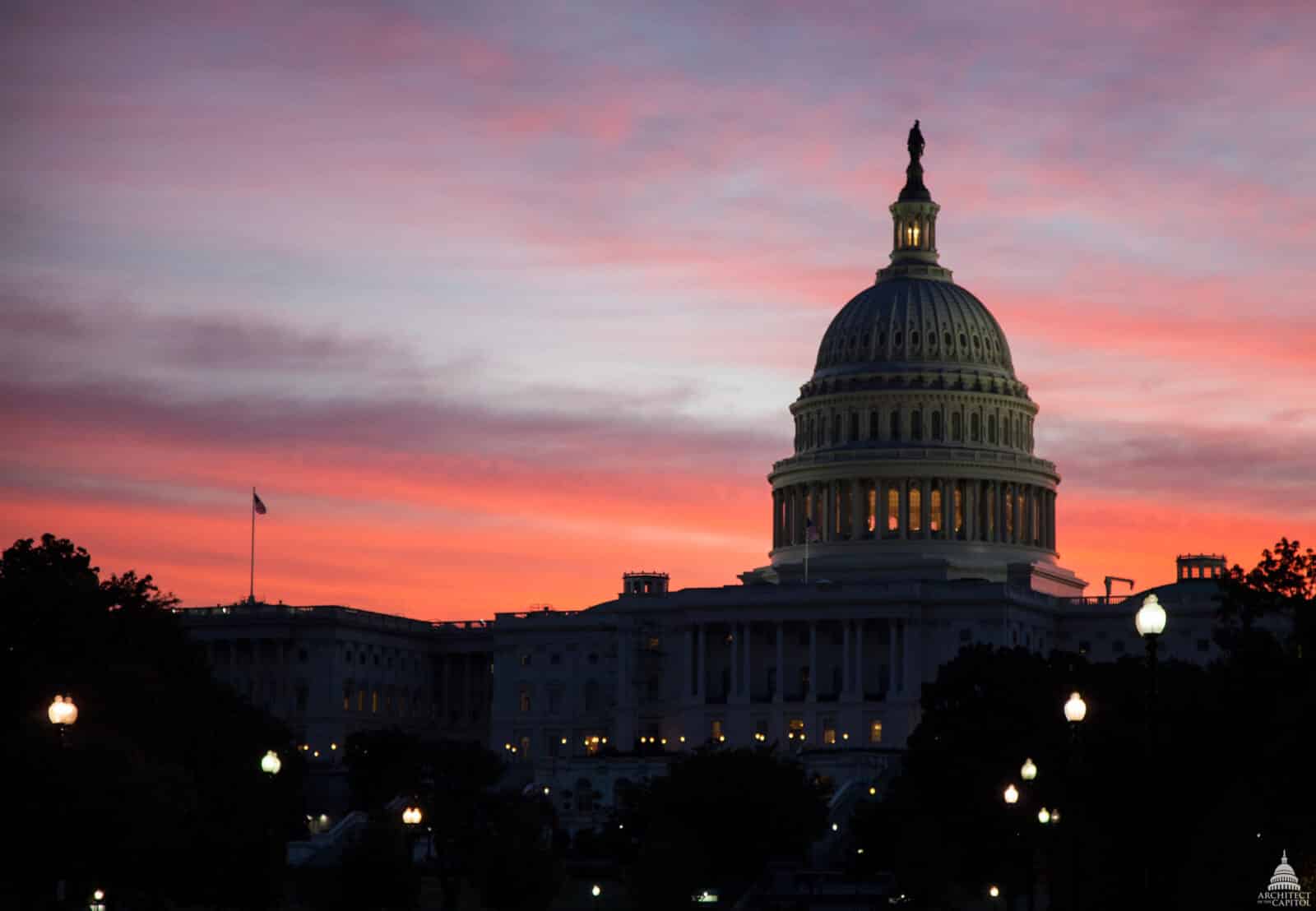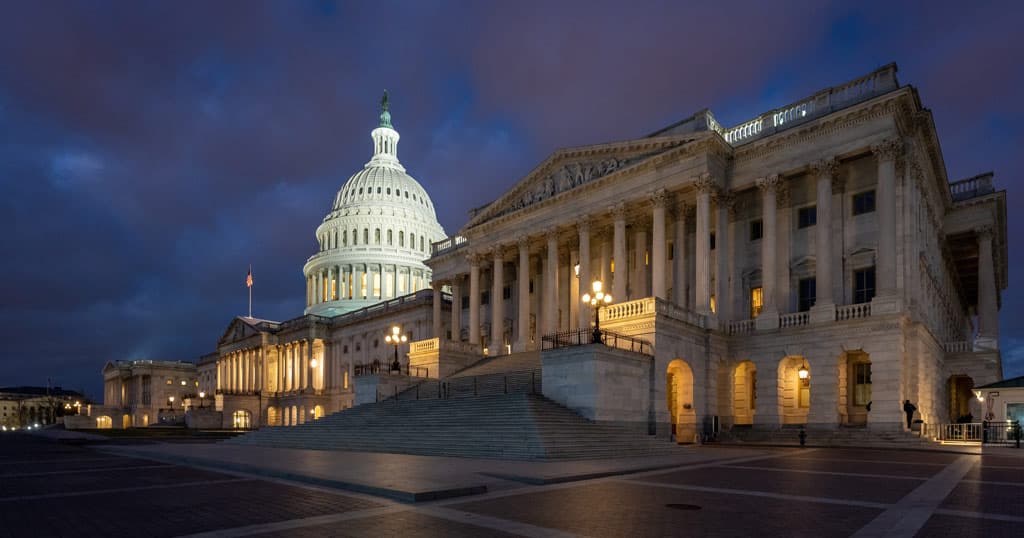After negotiations between majority leaders in the House and Senate, a bill was introduced that would extend the surface transportation bill (through March 31, 2012) and aviation authorization bill (through January 31, 2012) and extends DOT's ability to collect the gasoline taxes that fund the Highway Trust Fund (through March 31, 2012). ( Click Here for an explanation of what is at stake in this bill). None of these are permanent fixes to these programs, and push off the politically sensitive negotiations over how to find permanent solutions until deeper into a Presidential election year, when it is not clear these answers will be easier to come by.
This bill is problematic for several reasons.
Unfortunately, this bill extends the nation's highway program at a level that is entirely unsustainable. The Highway Trust Fund brings in far less in revenues than can sustain current spending levels. CBO estimates that at current spending levels, the HTF will have a zero balance by late in FY2012 or early in FY2013. Instead of dealing with this issue head on, both chambers appear ready to pass an authorization bill extension that does nothing to reduce spending levels and nothing to increase revenue, a recipe for disaster for the HTF. They will leave it up to the appropriators, who, at least in the House, passed a bill that appropriates funding at levels approximately in line with expected HTF revenues.
The bill also extends current spending levels for federal aviation programs, though the Airport and Airways Trust Fund is not in the dire straits that the HTF finds itself. One disappointing aspect of the bill, however, is its failure to make deeper cuts to the wasteful and outdated Essential Air Service ( Click Here for more on this program). Though the bill would cut the programs authorized level from $200 million down to $150 million, it is unclear whether this is really as substantial a cut as it first appears. At present, the program has contracts that total approximately $163 million; the previous short-term FAA extension cut funding to 13 airports at a savings of about $13 million. If you do the math, it looks like after that the program needs about $150 million in the next fiscal year to stay afloat as currently structured, which is exactly what it is slated to receive. TCS has advocated that this program be largely eliminated.
As Transportation Weekly points out, passing this bill in the House will require that they waive the Ryan budget rules, which may cause some heartache for some of the chambers' more conservative members.
With the nation committed to tackling our enormous deficits and cutting wasteful spending, this bill takes us in the wrong direction. If Congress is committed to spending cuts and fiscal austerity, it needs to get serious about the problems with the Highway Trust Fund and cut the wasteful spending on the Essential Air Service, a policy anachronism that is not essential for taxpayers and needs to be drastically reduced.











